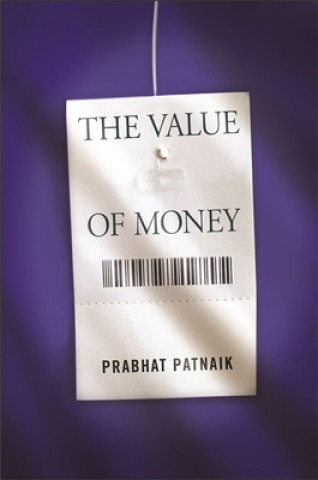
Kod: 04042042
Value of Money
Autor P Patnaik
Why is money more valuable than the paper on which it is printed? Monetarists link the value of money to its supply and demand, believing the latter depends on the total value of the commodities it circulates. According to Prabhat ... więcej
- Język:
 Angielski
Angielski - Oprawa: Twarda
- Liczba stron: 280
Wydawca: Columbia University Press, 2009
- Więcej informacji o książce

307.91 zł
Zwykle: 324.05 zł
Oszczędzasz 16.15 zł

Dostępna u dostawcy w małych ilościach
Wysyłamy za 14 - 18 dni
Potrzebujesz więcej egzemplarzy?Jeżeli jesteś zainteresowany zakupem większej ilości egzemplarzy, skontaktuj się z nami, aby sprawdzić ich dostępność.
Dodaj do schowka
Zobacz książki o podobnej tematyce
-

Change Your Thoughts, Change Your Life
72.68 zł -29 %
Podaruj tę książkę jeszcze dziś
- Zamów książkę i wybierz "Wyślij jako prezent".
- Natychmiast wyślemy Ci bon podarunkowy, który możesz przekazać adresatowi prezentu.
- Książka zostanie wysłana do adresata, a Ty o nic nie musisz się martwić.
Więcej informacji o Value of Money
Za ten zakup dostaniesz 179 punkty
 Opis
Opis
Why is money more valuable than the paper on which it is printed? Monetarists link the value of money to its supply and demand, believing the latter depends on the total value of the commodities it circulates. According to Prabhat Patnaik, this logic is flawed. In his view, in any nonbarter economy, the value we assign to money is determined independently of its supply and demand. Through an original and provocative critique of monetarism, Patnaik advances a revolutionary understanding of macroeconomics that highlights the "propertyist" position of Karl Marx and John Maynard Keynes. Unlike the usual division between "classical" economists (e.g., David Ricardo and Marx) and the "marginalists" (e.g., Carl Menger, William Stanley Jevons, and Leon Walras), Patnaik places "monetarists," including Ricardo, on one side, while grouping propertyist writers like Marx, Keynes, and Rosa Luxemburg on the other. This second group subscribes to the idea that the value of money is given from outside the realm of supply and demand, therefore making money a form in which wealth is held. The fact that money is held as wealth in turn gives rise to the possibility of deficiency of aggregate demand under capitalism. It is no accident that this possibility was highlighted by Marx and Keynes while going largely unrecognized by Ricardo and contemporary monetarists. At the same time, Patnaik points to a weakness in the Marx-Keynes tradition--namely, its lack of any satisfactory explanation of why the value of money, determined from outside the realm of supply and demand, remains relatively stable over long stretches of time. The answer to this question lies in the fact that capitalism is not a self-contained system but is born from a precapitalist setting with which it interacts and where it creates massive labor reserves that, in turn, impart stability to the value of money. Patnaik's theory of money, then, is also a theory of imperialism, and he concludes with a discussion of the contemporary international monetary system, which he terms the "oil-dollar" standard.
 Szczegóły książki
Szczegóły książki
Kategoria Książki po angielsku Economics, finance, business & management Economics Macroeconomics
307.91 zł
- Pełny tytuł: Value of Money
- Autor: P Patnaik
- Język:
 Angielski
Angielski - Oprawa: Twarda
- Liczba stron: 280
- EAN: 9780231146760
- ISBN: 0231146760
- ID: 04042042
- Wydawca: Columbia University Press
- Waga: 562 g
- Wymiary: 163 × 237 × 25 mm
- Data wydania: 02. April 2009
Ulubione w innej kategorii
-
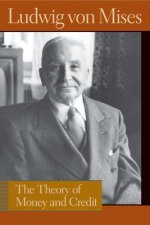
Theory of Money & Credit
67.85 zł -

Digital Gold
54.34 zł -11 % -
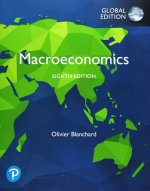
Macroeconomics, Global Edition
407.02 zł -

Cartoon Introduction to Economics Vol 2
81.25 zł -10 % -

Euro and the Battle of Ideas
123 zł -

End of Money
66.13 zł -11 % -
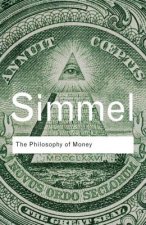
Philosophy of Money
143.46 zł -
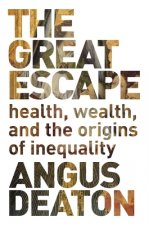
Great Escape
81.46 zł -4 % -
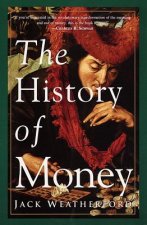
History of Money
63.61 zł -4 % -
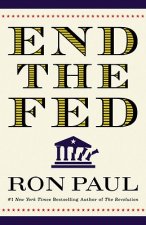
End The Fed
85.69 zł -5 % -
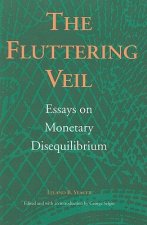
Fluttering Veil
60.99 zł -9 % -
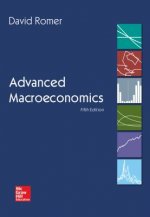
Advanced Macroeconomics
538.29 zł -
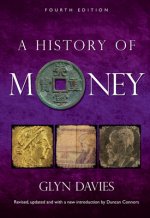
History of Money
253.26 zł -

Monetary Theory and the Trade Cycle
74.90 zł -

Golden Fetters
331.10 zł -

Business Cycles
67.85 zł -
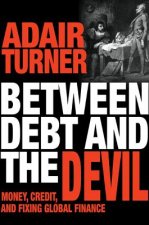
Between Debt and the Devil
86.09 zł -11 % -

Business Cycles
67.85 zł -
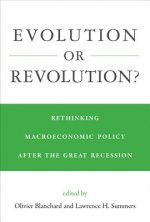
Evolution or Revolution?
166.86 zł -23 % -

Asian Godfathers
61.29 zł -23 % -
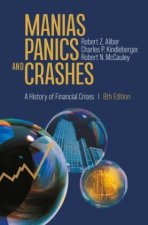
Manias, Panics, and Crashes
157.88 zł -4 % -
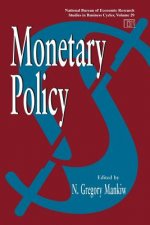
Monetary Policy
188.63 zł -
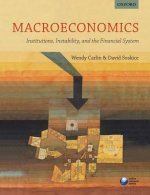
Macroeconomics: Institutions, Instability, and the Financial System
420.43 zł -

Good Money
70.57 zł -

Good Money
70.57 zł -
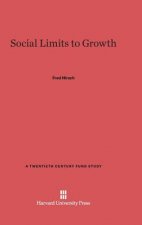
Social Limits to Growth
350.46 zł -

Blockchain Revolution
51.91 zł -23 % -
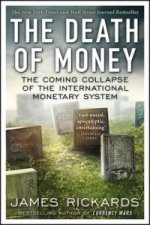
Death of Money
51.91 zł -23 % -

When Money Destroys Nations
56.15 zł -
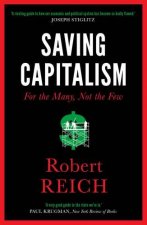
Saving Capitalism
47.38 zł -23 % -
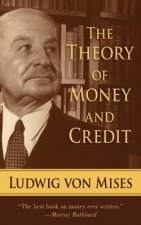
Theory of Money and Credit
54.94 zł -10 % -

Dollar Crisis, Causes, Consequence, Cures Revised and Updated edition
140.24 zł -4 % -
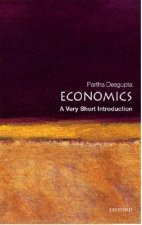
Economics: A Very Short Introduction
42.74 zł -23 % -
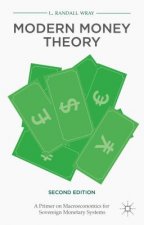
Modern Money Theory
534.16 zł -
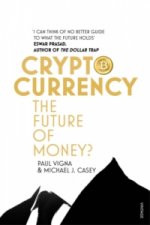
Cryptocurrency
51.91 zł -23 % -

All About Forex Trading
84.18 zł -23 % -

Why Most Things Fail
61.19 zł -23 % -
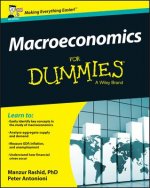
Macroeconomics For Dummies - UK
90.23 zł -5 % -
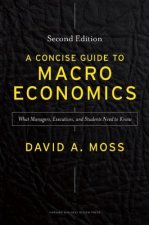
Concise Guide to Macroeconomics, Second Edition
140.54 zł -5 % -
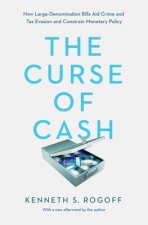
Curse of Cash
90.23 zł -9 % -

International Macroeconomics
382.42 zł -
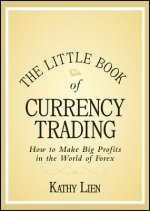
Little Book of Currency Trading
140.54 zł -
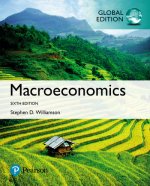
Macroeconomics, Global Edition
412.66 zł -
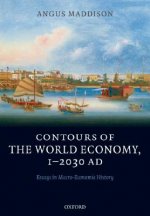
Contours of the World Economy 1-2030 AD
295 zł -

Forex Trading Secrets: Trading Strategies for the Forex Market
193.77 zł -3 % -

How to Build a GPU Mining Rig to Mine Bitcoin, Monero, Ether, Zcash, and other Cryptocurrenices
76.62 zł -1 % -
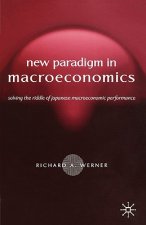
New Paradigm in Macroeconomics
771.80 zł -8 % -

Before the Industrial Revolution
106.16 zł -

Financial Innovations in International Debt Management
288.85 zł
zadowolonych klientów
Od roku 2008 obsłużyliśmy wielu miłośników książek, ale dla nas każdy był tym wyjątkowym.
Copyright! ©2008-24 libristo.pl Wszelkie prawa zastrzeżonePrywatnieCookies


 21 milionów książek
21 milionów książek Dostawa 10.99 zł
Dostawa 10.99 zł (32) 444 93 66 (8-15.30h)
(32) 444 93 66 (8-15.30h)